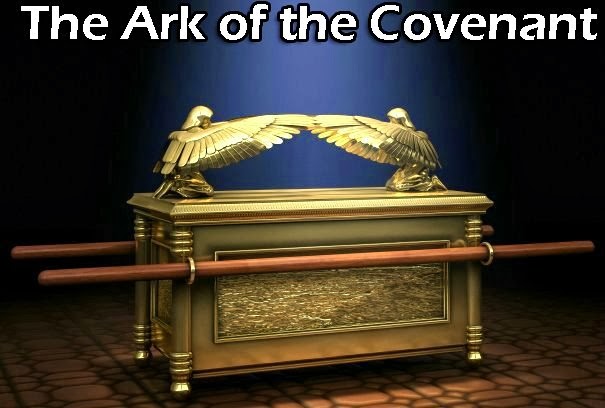The Tower of Babel - Genesis 11:1-9
Contribution by Alan L. Hayes
The story of the Tower of Babel tells us how humanity, originally one, was divided into many nations and languages. It tells us that after Noah’s flood, people began building a great city, centred not on God but on a high Tower of their own proud creation. God scattered them. We’re told a bit about the motivation of the people, but not so much about God’s motivation. So, as is usual with the Bible, interpretation is left open, and the meaning of this story has been much disputed.
One way to approach the story is to put it in the context of the whole sacred history. For the Bible can be seen as a single work, with a single plot line. Its overriding theme is the working-out of God’s purpose for the human race.
From this point of view, the plot of the Bible has four parts.
(1) The Christian Bible begins on its first page with a vision of Paradise. People walk with God in the garden in friendship, and exercise a just stewardship of creation.
(2) Then people lose Paradise, through pride, envy, fear, wilfulness, and the other corruptions of human nature that we call sin. They are plunged into human history. But in ways not visible at the time, this history is overruled by the mystery of God’s purpose.
(3) God is always offering people a way back, but the decisive event in this sacred history is the birth, death, and resurrection of God’s son Jesus. In Christ, and in the Church, harmony begins to be restored among the nations, the social classes, and the genders. But this healing can be a halting and painful process.
(4) And finally on the last page of the Bible we have a vision for a new creation, — not just a restoration of Paradise, but a new order in which, as the Letter to the Ephesians says, God is above all, and through all, and in all.
Because the Bible is about both human sin and God’s grace, most Bible stories can be read in a negative light or a positive light. This equivocality gives the Bible its characteristic irony. On the one hand, the Tower of Babel is the result of human pride (“Come, let us make a name for ourselves!”) and human fear (“Otherwise ...!”). So in that respect the text sees it in a negative light. On the other hand, the scattering of the nations also represents the fulfilment of God’s blessing to Noah and his sons two chapters earlier: “Fill the earth!” Ironically, the scattering of the nations is both punishment and blessing. Human sin provides an opportunity for God to move forward the mystery of salvation. “Where sin increased, grace abounded all the more,” says Paul.
In classical interpretation, the Christian Bible is read typologically, where a person or event in the Old Testament is mirrored by a person or event in the New Testament. The division of humanity at Babel is a type, and Pentecost, in Acts 2, is the antitype, when people of many diverse nations came together and were able to understand each other’s languages in submission to the power of Christ’s Spirit. The way of Pentecost represents the escape from the way of Babel.
Every year a different country drafts a service for the Week of Prayer for Christian Unity, which is co-sponsored by the World Council of Churches and the Roman Catholic Pontifical Council for Promoting Christian Unity. As it happens, this year the country is Canada. The Canadian writing team has chosen the theme “Is Christ Divided?” They are inviting us to pray for the harmony, peace, and love of Pentecost, over the pride, fear, and divisions of Babel —for, unfortunately, the divided Church represents both.
I like to think that the Toronto School of Theology, where I teach, is part of God’s process of healing the divisions of Christ’s Church, and the divisions of humanity. People from a hundred Christian denominations, and from other faiths, and from no profession of faith, come together here to seek a closer knowledge of God. The seven member colleges of our school, and our four affiliate colleges, are sponsored by Anglican, Christian Reformed, Lutheran, Mennonite, Prebyterian, Roman Catholic, and United Church communities, divided but seeking reunion. So I believe that Theological Studies can serve God’s purposes. But I say that in humility. Doing theology is only an interim measure, which will become unnecessary on the day when we reach the end of sacred history, — when we see God face to face, and as the hymn says, “sacraments shall cease,” and our prayer will be fulfilled, “in peace and love to be / one with the Trinity in Unity.”
--


